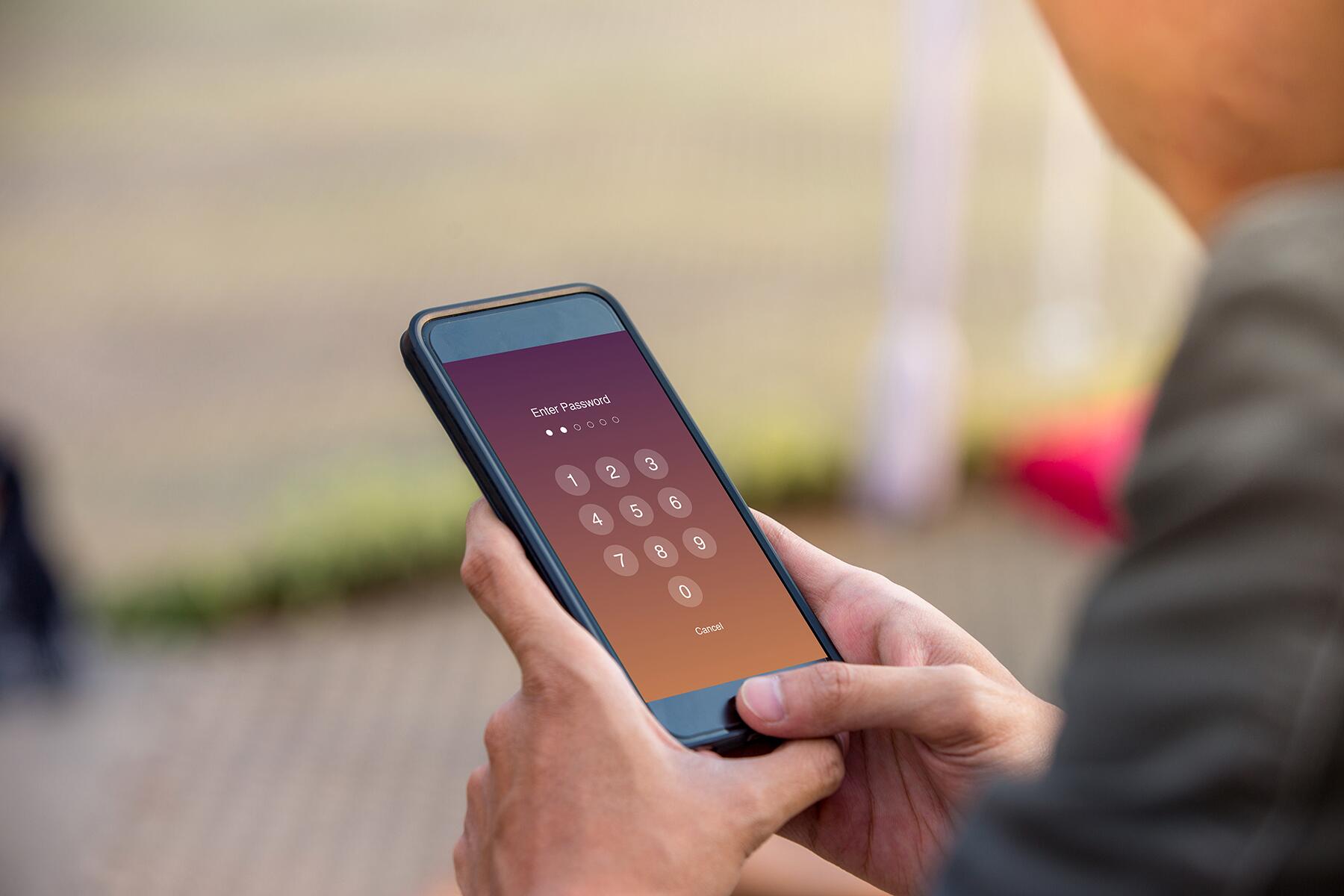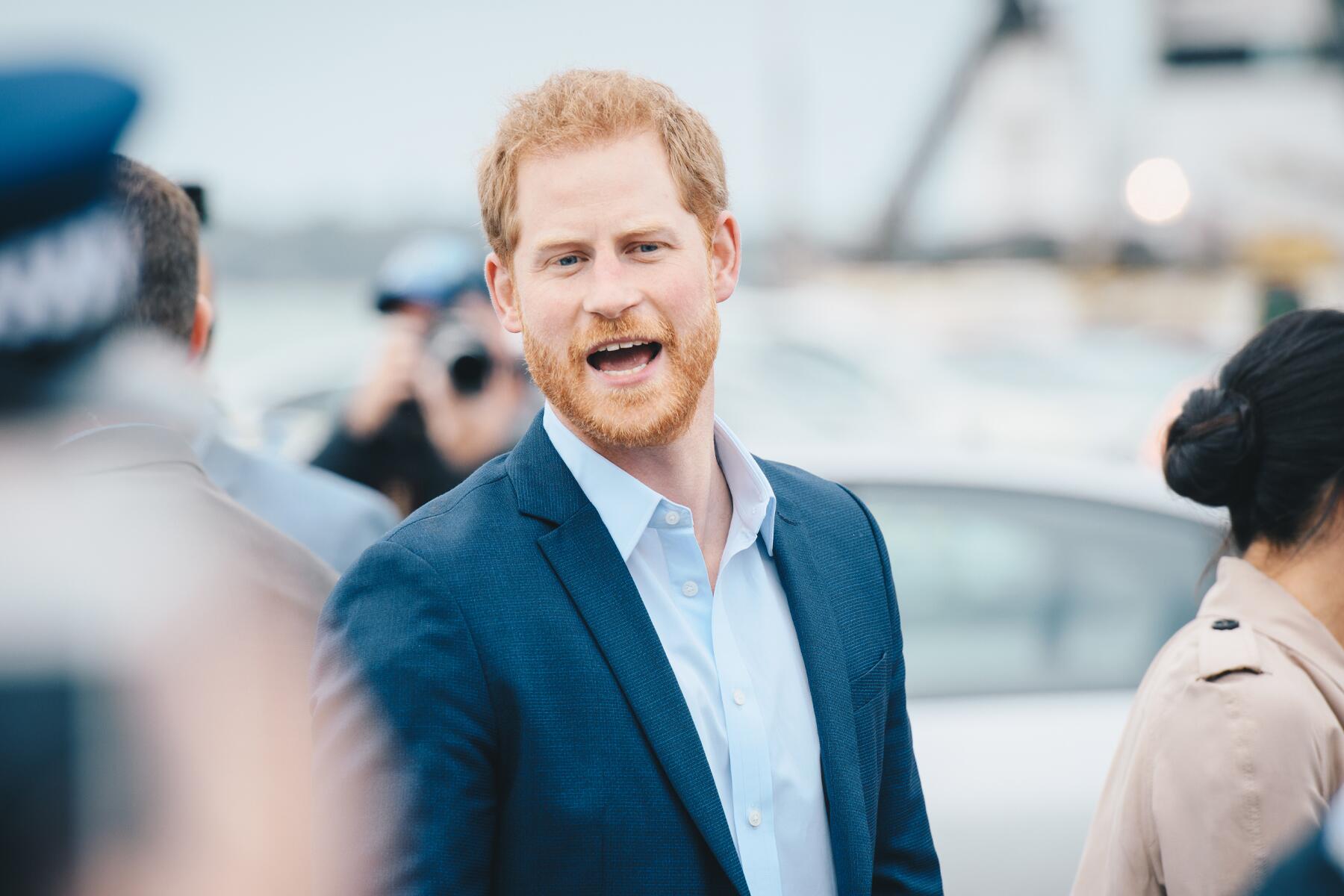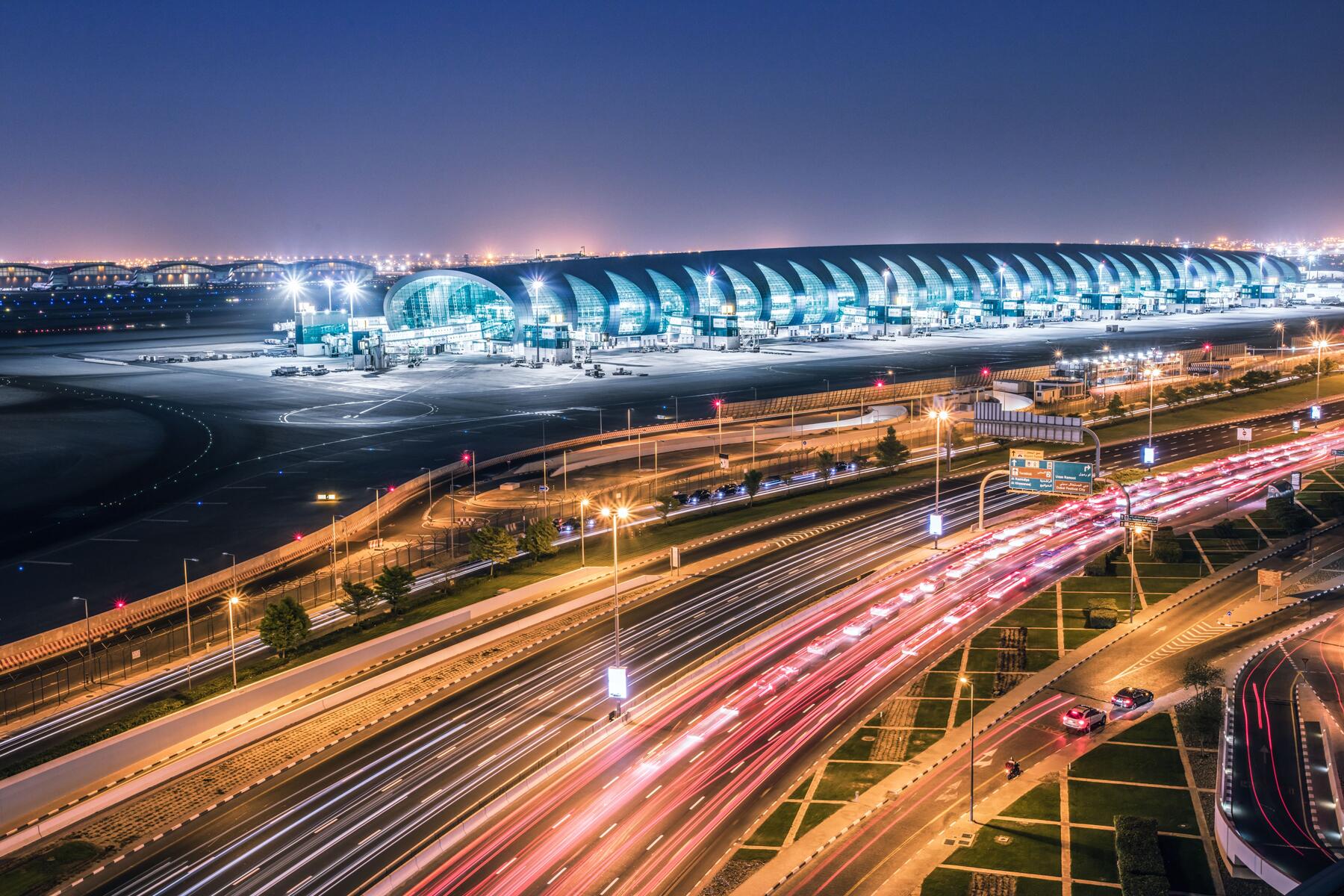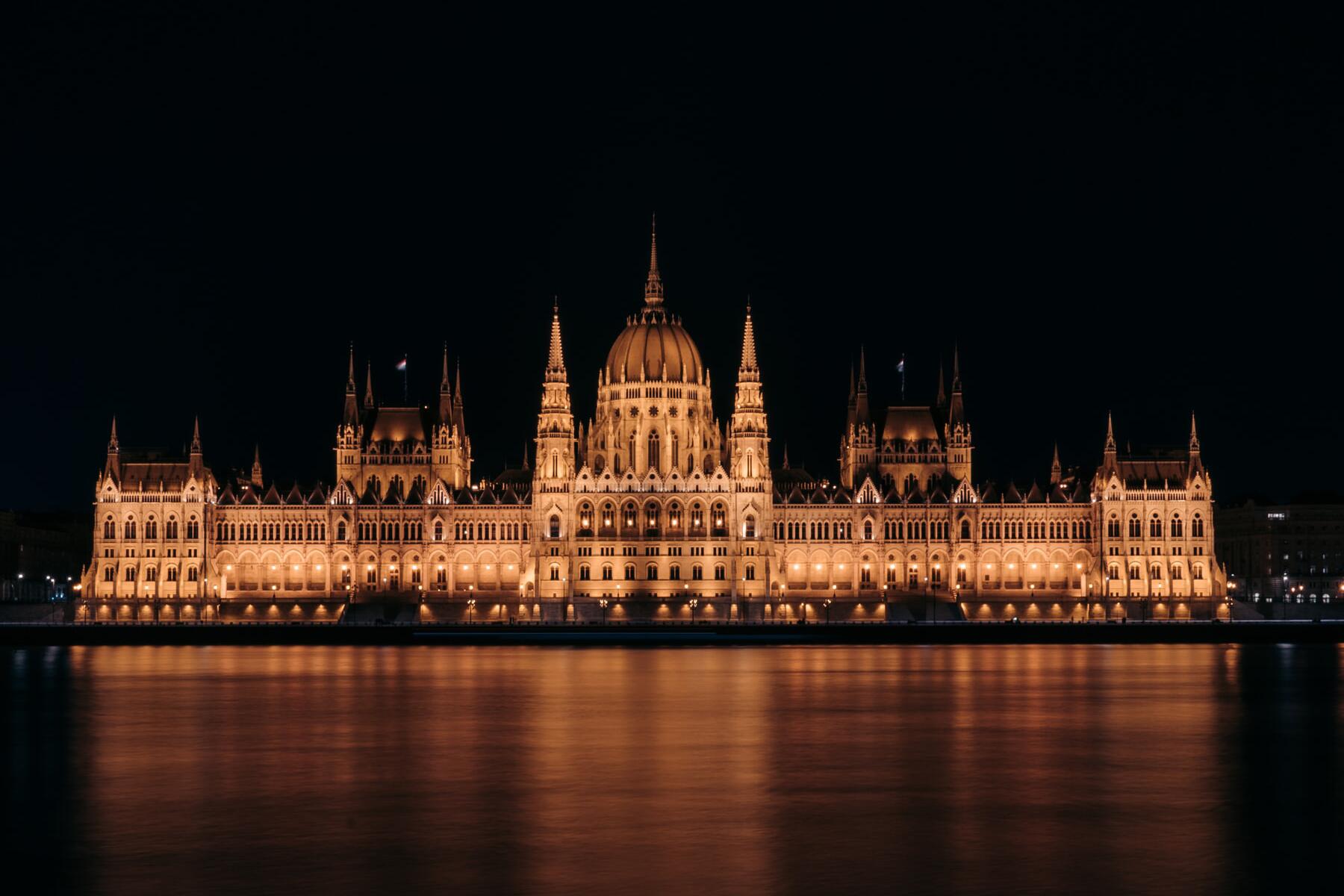What it’s like to be a Black woman in Budapest.
Can you guess what I found when I Googled “Black in Budapest” before moving from the U.S. to this Hungarian city? Fetish sites.
So I created Black Girl In Budapest to fill that vacuum. When my Hungarian husband and I moved here, I had no idea that it would provide me with a new perspective on racism in the United States.
Three years later, my social media DMs and email inbox are often filled with questions about racism in Budapest. It is apparent to me that there is a true fear of traveling while Black. People often ask, An Eastern European country has to be worse than America, right?
If you read American media about Hungary, here’s an idea of what you’re going to see: USA Today accused Prime Minister Viktor Orbán of engaging in “anti-Semitic and xenophobic tropes;” the country made headlines in 2015 for what was seen as a negative response to the Refugee crisis when they built a 13-foot-fence along its 109-mile border with Serbia in an effort to lower the number of migrants entering the country.
But doesn’t that sound a lot like America?
I am often questioned about living in a country where these events take place, but when you really look at it, leadership in Hungary and the United States can be eerily similar. At times, it seems that I’m choosing the lesser of two political evils. But I’m not really a political person. I base my decisions on what happens in my personal life, and here is what I see as the greatest distinction between the U.S. and Hungary.
Recommended Fodor’s Video
While the Hungarian public’s views of Viktor Orbán’s government are far from liberal, most people seem to be less shocked by me being Black and more by me moving here from Los Angeles. I don’t have to worry about the daily oppression of racism. I have a sense of freedom from my race, and I’m just a foreigner. A foreigner who is a full, interesting person, and has depth because of where I’m from.
Let’s compare that to a recent post my brother shared on Facebook in response to the Black Lives Matter Movement. He wrote, “I’m a survivor of police brutality.”
The officer took a breath, relaxed, and told the truth: “He did not reach for the gun.” That statement changed my brother’s life and the case was dismissed.
He goes on to explain that he was pulled over and provided his license and registration. When he asked for the reason he was getting pulled over the officer ordered him to step out of the car. After a pat-down, my brother calmly turned to tell the officer that he couldn’t illegally search the vehicle and, in response, the other officer put him in a chokehold from behind. Shocked by the abrupt abuse, there was a scuffle and it ended up with my brother going to jail.
During my brother’s hearing, the audio of the incident was replayed. Everyone heard the officer say, “Let’s get him.” The same officer testified on the stand that my brother reached for the officer’s gun. When my brother recounted the story to me he said, “There was an angel in the room when the next officer took the stand.” He watched the next officer’s demeanor change when asked if my brother reached for the gun. The officer took a breath, relaxed, and told the truth: “He did not reach for the gun.” That statement changed my brother’s life and the case was dismissed.
I wish I could say that was the only incident but it wasn’t. On other occasions, my brother has also been tased, harassed, and racially profiled (all unwarranted). The specific racial problem of police brutality against Black people seems to be most prominent in the U.S. Another unique aspect of the violence is due to guns. According to GunPolicy.org, in 2017, Hungary had 84 deaths resulting from firearms while America had 39,773 deaths.
Of course, it’s not all perfect in Hungary. Racism and xenophobia is a global problem. One afternoon on a tram ride to pick up my daughter from school, I took the empty seat next to an older Hungarian woman. We were both bundled up in winter coats and sweaters and happened to be touching shoulder to shoulder. Immediately she started audibly huffing and puffing and moving over in her chair. After one stop, she decided to move to another seat.
After picking up my daughter from school, I saw the same woman on the tram. When she saw my toddler, she made kissy faces and muttered in Hungarian, “What a cute baby.” One could argue that it was her personal preference not to be touched–but due to my experience as a Black woman from America, I automatically thought that she didn’t want me to touch her because I am Black.
Since being here, I have created a community of Black women from all over the world. The most extreme story came from my friend’s experience when she was harassed by a drunk homeless man who threw a glass bottle at her and her friends while yelling in Hungarian, “Go back to your country!”
Most of the racist people I have encountered here are non-Hungarians.
One of my community members shared this: “My personal experience as a woman, who has been here almost six years, I felt [racism] overtly once. The rest are microaggressions that I am used to getting back home. Most of the racist people I have encountered here are non-Hungarians.”
And yes, they find themselves having to explain Black culture, often including hair care, hairstyles, and fashion choices, which can sometimes be a draining task. But this is no different than what Black people in the U.S often experience. But considering all that is happening in my home country, I feel safer living and raising my daughter in Hungary–and COVID-19 has made that even more apparent.
The Centers for Disease Control reported that people of color are disproportionately contracting COVID-19. In the U.S., my family could only wonder if the system was failing us. Just one week into lockdown, I got the news that a family member, an essential worker, was hospitalized due to COVID-19. While in an induced coma, her mother was hospitalized with the same symptoms. I lost both of these family members within a month. Sitting through a Zoom funeral and not being able to console loved ones was one of the hardest things I have ever gone through. Knowing that their deaths could have been prevented compounds that pain.
But Hungary, unlike the U.S., took swift measures to prevent the spread of COVID-19. About Hungary reported that in Budapest, 2,482 people have recovered while 562 died from COVID-19. Citizens in Hungary with COVID-19 were treated with universal health care. Patients are not charged for their care.
Despite attitudes toward Black people in Hungary being significantly better than the American counterparts, Hungary is not immune to prejudice and racism. On May 22, a man alleged to be Romani is said to have stabbed and killed two people. The following day a Neo-Nazi protest gathered in Deak Ferenc square in the Budapest city center to protest the halt of Roma integration programs. Racism and xenophobia aren’t limited to othering just one community, nor tolerated (or even encouraged) by just one country or government–these issues remain a global problem.
Comparing my experiences with the U.S. and Hungary is not to prove that Hungary is devoid of issues of prejudice and racial justice, but to explain that a country so many Westerners view as fascist is actually the one where I feel the safest. Despite all the imperfections, I ultimately feel safer in Hungary than in the U.S.
I completely agree. I'm African-American and my wife is Hungarian. When we visit Hungary, though it's not perfect, it's like a vacation from American racism for me.
This was very helpful. Thank you for taking time to address this topic! I do have one question- what ethnic groups have you experienced negative situations with, based on your race and the non-Hungarian peoples in Budapest? I am thinking about visiting Budapest and as a woman of color I am curious about what I may encounter as well. Thank you!




Thank you for sharing. I truly appreciate you sharing your experience and honesty. I totally agree with you 💯 %. I've lived in Europe for work for a while and I have to say my experience with racism here is less horrifying than what I've experienced home in the United States. Yes my dad traveled to Europe for work and I've always had a connection. But it was because of his travels it opened my eyes to see that it's so much more world out there to see. I think we as blacks hinder ourselves by not exploring beyond what we feel is our comfort zone. My dad was from Little Rock Arkansas. Came up during the Jim Crow era. He understood the racist issues, that he wanted me to protect me from while I was growing up and learn how to deal and cope with when I encountered it. Spending time in Europe showed him that there was so much more outside of his hood where he lived. He often told me to "get outside my backyard and see the world". He made so many friends from many different ethnic backgrounds and I have as well. I see why he loves Europe. Dispite it's own little issues with race, it's still safer and friendlier than America unfortunately. It's like America is behind. I too feel safer and have been treated better in Europe, from Italy to Norway, where you really didn't see any blacks.